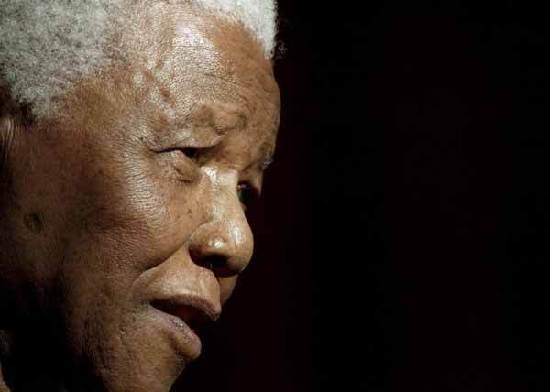 |
| Mandela's history with the Middle Kingdom's books |
Described by his own people as a great leader with a fine strategic mind, Mandela read many books, especially biographies of revolutionaries, for knowledge and inspiration. On his long reading list were two books about China: Red Star Over China and The Art of War.
In his autobiography, Long Walk to Freedom, Mandela wrote: "I made my way through the available literature on armed warfare and in particular guerrilla warfare. I wanted to know what circumstances were appropriate for a guerrilla war; how one created, trained and maintained a guerrilla force; how it should be armed; where it gets its supplies — all basic and fundamental questions."
Red Star Over China, written by Edgar Snow, is a book about the guerrilla battles of the Communist Party of China, known especially for its neutral and graphic description of The Long March and Mao Zedong's life.
The author came to China in 1936 to meet Mao and fellow leaders of China's Communist Party. He spent the autumn and summer with the army and made biographical accounts of leaders on both sides.
Mandela learned about China's revolution from this book and was deeply impressed by Mao. He wrote in his autobiography: "I saw that it was Mao's determination and nontraditional thinking that led him to victory."
In his interview with Richard Stengel, a senior editor at Time magazine, Mandela praised China's revolution as "a real masterpiece". "The Long March," he stressed, "is indeed a miracle. Once you learned their way of revolution, you will believe that anything is possible."
During his 1999 visit to China as president of South Africa, Mandela said the two countries shared a long friendship and the braveness of Chinese people greatly inspired South Africans in the struggle against Apartheid.
The Art of War by Sun Zi was another favorite book of Mandela's. An ancient Chinese military treatise, it is one of the three leading military books in the world. The famous strategist, who lived in the late Spring and Autumn Period (770-476 BC), put his wisest and most advanced theories of war into 13 chapters, which are still highly valued by the modern world.
